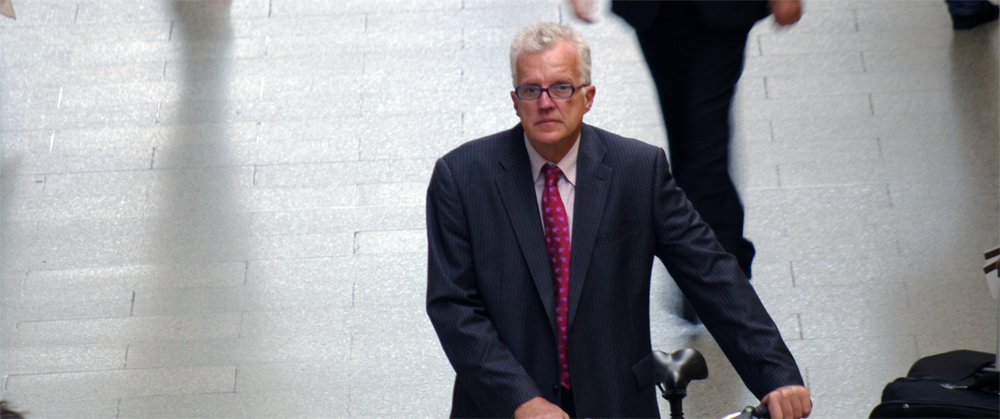Dow’s dictionary of railway quotations, compiled and edited by Andrew Dow, John Hopkins.
‘A common sheet of paper is enough for love, but a foolscap extra can alone contain a railroad and my ecstasies’. This is one of the earliest train lovers talking, and a rare beast as she was female – the actress Fanny Kemble who was given a ride by that rough old Northumbrian George Stephenson on his Liverpool and Manchester railway, the world’s first real railway, just before its opening in 1830.
Given this love of the railways, it is strange that no one has thought to pull together a dictionary of railway quotation until now. Andrew Dow, a former curator of the National Rail Museum, has now filled that gap with style and brio. Not only has he tracked down some 3,400 of the best quotations, but he has also attempted to source some of those expressions that have entered the language without anyone being quite clear of their origin.
For example, the famous Vanderbilt quote of ‘The public be damned’ may not ever have been said. Dow tracks down two interviews where Vanderbilt may have used those words but the millionaire later denied ever using them. That other favourite railway cliché, ‘what a way to run a railroad’, a metaphor for any chaotic situation was originally a simple literal caption for a cartoon in which the statement was made by the person responsible for the chaos.
Indeed, chaos on the railways is now routinely explained by that famous excuse, ‘the wrong kind of …..’ which originally referred to snow but has been used routinely by the popular when anything goes amiss on the railways. Dow has tracked that one down, too, and found that the usual attribution, to a BR railway manager, Terry Worrall, was incorrect and that it was, aptly, a headline writer for the Evening Standard who coined the expression. In fairness to the railway, too, Dow explains that the type of snow in that winter of 1991 was, indeed, particularly cold, making it dry and powdery, causing disruption not just in the UK but throughout Europe.
This tale demonstrates the extent to which the railways have always had to put up with being an Aunt Sally, the butt of far more criticism than any rational analysis would suggest they deserve. Perhaps it is because they are so loved that when things go wrong, because being let down is like a lover’s betrayal. Dow has dug out precious few here but he has found some lovely quotes that put rail enthusiasts – ‘gricers’ as they commonly known, though in a separate lists he gives all the names used for rail fans including, bizarrely, ‘foamers’ – in their place. ‘We appreciate our fans but like football coaches, we don’t consult them on our strategies is a particularly neat American put down and so is ‘their knowledge of the railways is minimal’ but he also finds some praise for them: ‘The collecting of locomotive numbers is a perfectly legitimate hobby for railway enthusiasts and pursued intelligently may serve useful and instructive purposes’. However, that does date back to 1945 and I doubt anyone would now defend trainspotters’ so forcefully.
Dow’s book is international, taking us around the world, with quotes ranging from Siberia to San Francisco and the sheer breadth of the work, which took eight years to compile and ranges from literature to Rail magazine, will ensure that it solves many a Christmas present dilemma for those seeking presents for fathers, uncles, brothers and any other male relative. But it is so well put together and so keenly demonstrates the widespread impact of the railways that hopefully even a few women will get to appreciate it, just as Fanny Kemble fell in love with the railways.
